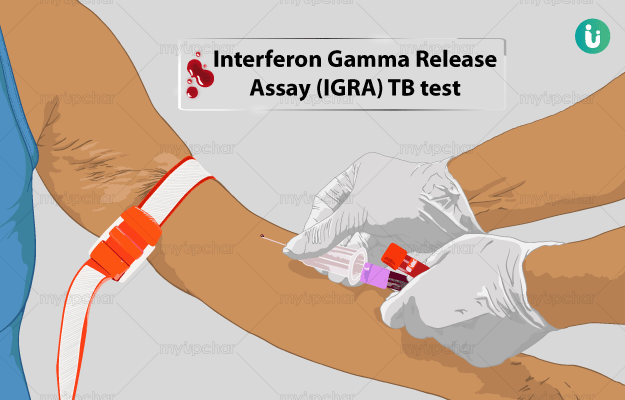What is Parietal Cell Antibody test?
The parietal cell antibody test is used to check if your body is producing antibodies against the parietal cells - the cells which secrete hydrochloric acid (HCL) in the stomach. This blood test is useful in the diagnosis of pernicious anaemia, which is an autoimmune disease characterised by weakness, nausea, fatigue, loss of appetite, diarrhoea, weight loss and bloating.
Are you also troubled by obesity and are not able to lose weight even after a lot of efforts, then start using myUpchar Ayurveda Medarodh Weight Control Tablet today and control your weight.
Autoimmune diseases are conditions in which your immune system mistakenly start to produce antibodies (autoantibodies) against, and destroy healthy cells.
Apart from HCL, parietal cells also produce a protein called intrinsic factor (IF), which is responsible for vitamin B12 absorption. Thus any damage to these cells would lead to B12 deficiency. Vitamin B12 plays an important role in the production of red blood cells (RBCs) and a deficiency of this vitamin results in pernicious anaemia.
Initially, as the antibodies attack the parietal cells, they cause a condition called autoimmune atrophic gastritis (inflammation of the stomach). However, continued damage to the parietal cells interferes with the production of IF, resulting in defective absorption of vitamin B12 from food, causing a deficiency in the later stages. Only 10% to 15% of patients having autoimmune gastritis develop pernicious anaemia. It is more common in older ages - adults over 60 years of age.













